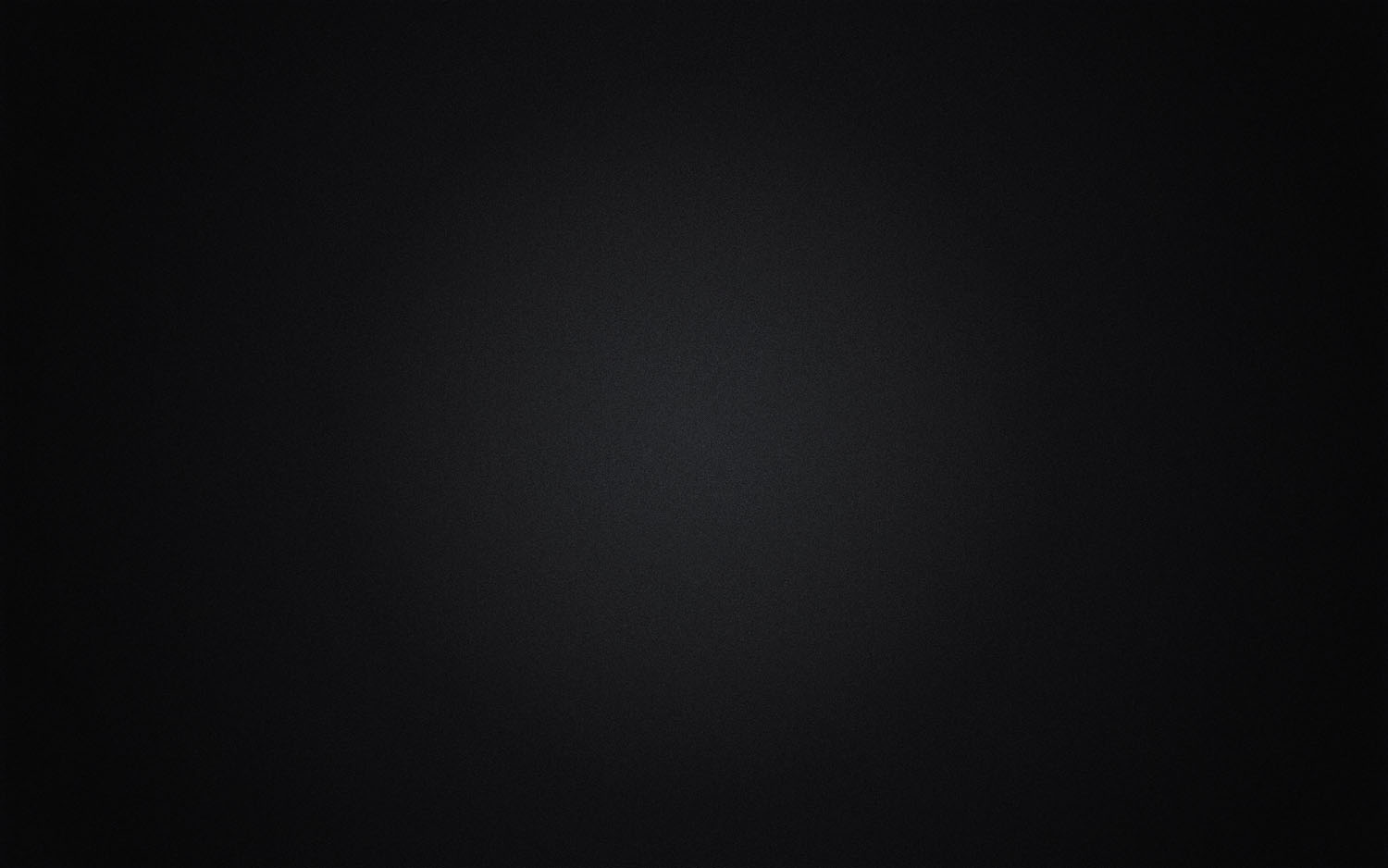

Reportedly the soap of choice for Queen Elizabeth I of England, these simple soaps from Nablus have been exported to the Arab World and Europe since the 10th century. Made from extra virgin olive oil, water, and a sodium compound, they are nearly scentless. By the early 20th century, Nablus became the number one soap producer in the Fertile Crescent.
According to the Institute for Middle East Understanding, it’s been said portions of each year’s olive harvest are set aside for the production of olive oil soap for well over a millennium. When the blocks of soap are produced, they are organized in a tall cone-like fashion with enough space between each block of soap to dry properly.
The soap industry in Nablus continues today although considerably smaller. The centuries-old recipe remains and efforts have been made to preserve this aspect of Nablus and Palestinian heritage including marketing the soaps in the West, as well as converting old soap factories into tourist attractions (cultural center, exhibits and demos of soap-making).